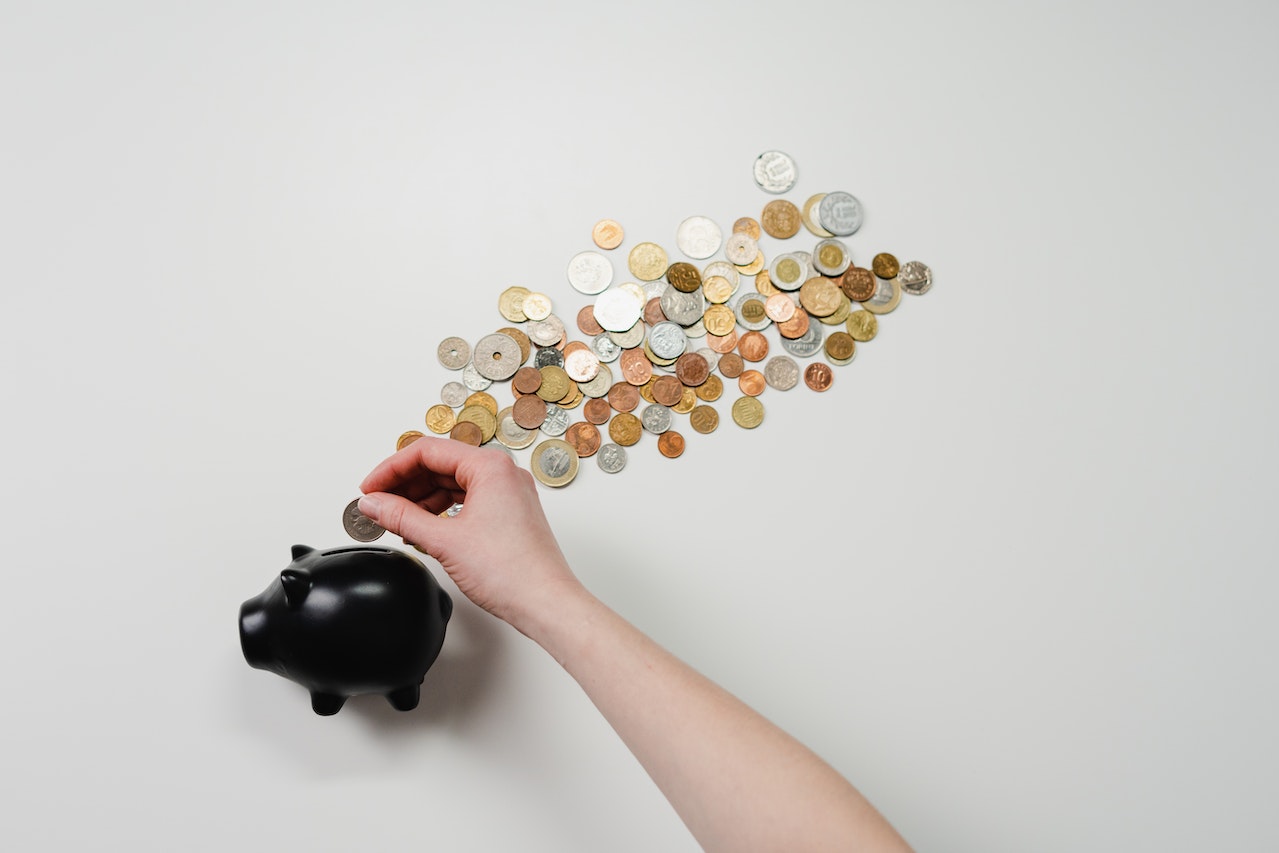“The Pros and Cons of Credit Cards: What You Need to Know”
Credit cards are one of the most popular forms of payment in the moment’s world. They offer convenience, prices, and the capability to make credit. still, they also come with their fair share of pitfalls and disadvantages. In this composition, we will explore the pros and cons of credit cards and what you need to know before using one.
Pros
1. Convenience: Credit cards are easy to use and extensively accepted. They allow you to make purchases without carrying cash or checks, which can be especially useful when shopping online or traveling.
2. Prices: Numerous credit cards offer price programs that allow you to earn cash back, points, or long hauls for every bone you spend. These prices can add up snappily and be redeemed for effects like trips, wares, or statement credits.
3. Figure credit: Using a credit card responsibly can help you make your credit history and ameliorate your credit score. This can make it easier to get approved for loans, credit cards, or indeed rental operations in the future.
4. Purchase protection: Some credit cards offer purchase protection, which can cover effects like fraud, theft, or damage to particulars you buy with the card. This can offer added peace of mind when making large purchases or shopping in strange places.
Cons
1. High-interest rates: Credit cards can come with high-interest rates, which can make it delicate to pay off your balance if you carry a balance from month to month. This can lead to debt and interest charges that can add up snappily.
2. Freights: Credit cards can also come with a variety of freights, including periodic freights, late payment freights, balance transfer freights, and cash advance freights. This freight can add up over time and eat into any prices you may have earned.
3. The temptation to overspend: Credit cards can make it easy to overspend and get into debt. It can be tempting to make purchases that you can not go and pay for them latterly, leading to a cycle of debt and interest charges.
4. Fraud and identity theft: Credit cards can be vulnerable to fraud and identity theft. However, someone differently can use it to make purchases, and it can take time and trouble to dispute these charges and recover your finances If your card is lost or stolen.
Tips for Using Credit Cards Responsibly
1. Pay your balance in full: To avoid interest charges and debt, try to pay your credit card balance in full each month. This can also help you make your credit score.
2. Avoid high-interest rates: Look for credit cards with low-interest rates or 0 introductory offers. However, try to pay it off as snappily as possible to avoid accruing interest charges, If you do carry a balance.
3. Keep track of freights: Be apprehensive of any freights associated with your credit card, and try to avoid them when possible. For illustration, avoid taking cash advances or transferring balances unless it’s absolutely necessary.
4. Do not overspend: Only use your credit card for purchases you can go to pay off in full each month. Try to stick to a budget and avoid impulsive purchases.
5. Cover your account: Keep an eye on your credit card account for any suspicious exertion, and report any fraudulent charges incontinently to your card issuer.
In conclusion, credit cards can be a useful tool for managing your finances, but they come with pitfalls and liabilities. By understanding the pros and cons of credit cards and using them responsibly, you can make the utmost of the benefits they offer while minimizing the pitfalls.


